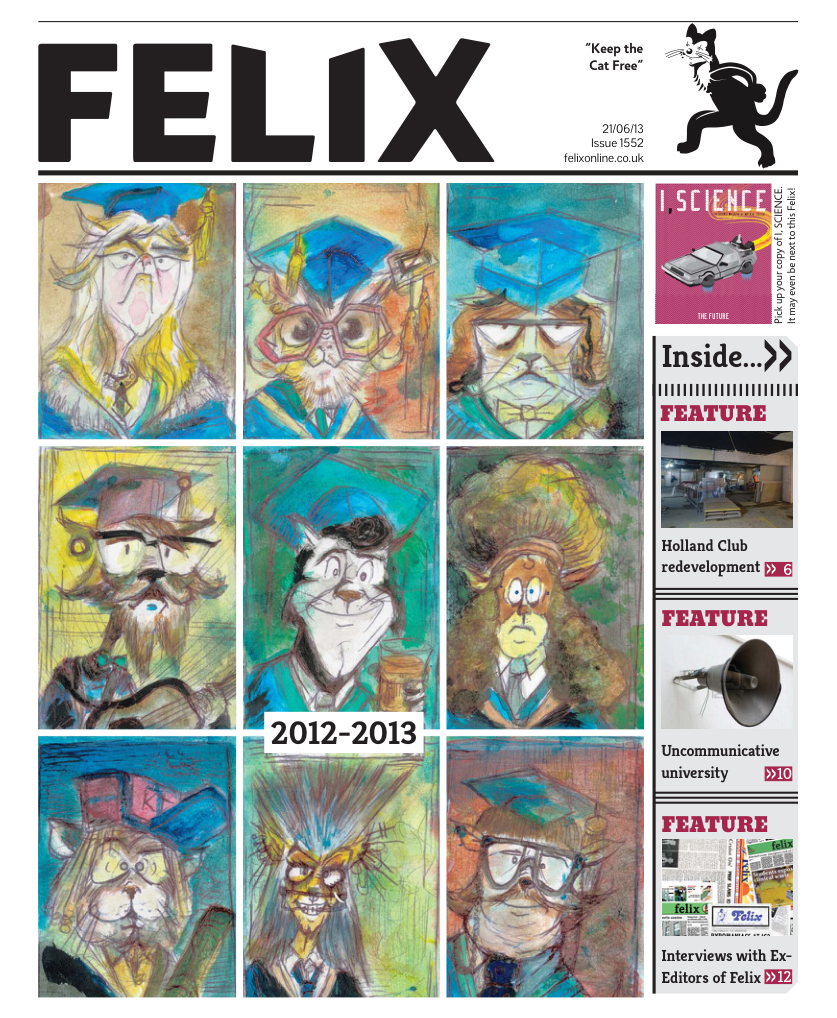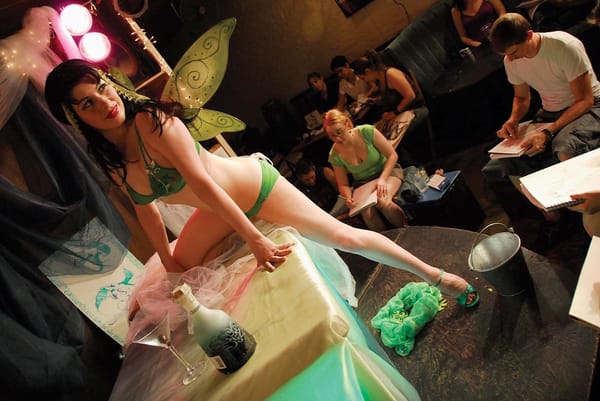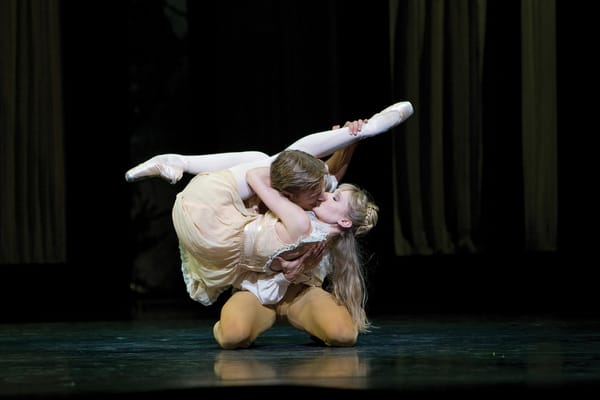It’s Othello’ve a good play
....and it's not yo gramma's Shakespeare, according to Kate Pumphrey

What is your notion of prime, weeknight entertainment? If the answer is a three-and-a-quarter hour performance of an early Jacobean tragedy, executed in the original lexicon, dwelling on jealousy, treachery and racism, and ending in a bloodbath, I suspect that most people would be, well – disconcerted.
There are other ways to phrase these things, of course. You might describe the play as getting intimate with James-Bond-badass and rumoured-prospective-Dr-Who, Rory Kinnear, on a summer’s evening at the South Bank… or as being sat at in spitting distance of the man most recently named best actor in the Critics’ Circle Theatre Awards (Adrian Lester)… or simply as witnessing a play that has been awarded five stars in nigh all of its reviews, widely touted as the beiggest spectacle of 2013, in the presence of [insert name of celebrity spectator]. There always seems to be one. Mine was Benedict Cumberbatch, surprisingly dapper in a flat cap.
Mention Othello, however, and you’re immediately on shaky ground. Most people have had their Shakespeare so irredeemably butchered by English teachers with stale coffee breath and orthopaedic sandals that it would take a small miracle (or at least a free ticket and a large amount of complementary Prosecco) to convince them that voluntarily turning up to a recital could be tolerable, let alone enjoyable, gripping, or overwhelming.
Nicholas Hytner’s production at the National Theatre might have been made for these people. After all, this is a director who freely (and disarmingly) admits that in the first five minutes of any Shakespeare he watches he has a moment of “blind panic” where he thinks, “I’m the director of the National Theatre, and I have no idea what these people are talking about”. In the Olivier performance every effort has been made to make the verse as coherent as possible, to the point of occasionally pruning and recasting the text. This is no magnus opus of purist pomposity. It is a racy, oppressive and compelling – and so perhaps all the more authentic for being occasionally unauthentic.
In keeping with recent trends, the set (designed by Vicki Mortimer) is entirely contemporary, kicking off in the shadows of a night club smoking area, before swiftly moving via a boardroom full of suits and disposable coffee cups to the brutal ugliness of an army compound. Superficially, such staging makes a trivial point (human nature doesn’t change! Shakespeare is so relevant! So true, so English Lit GCSE), but the effect is, of course, considerably more subtle. In particular, the military milieu helps reveal, reinforce and make sense of some of the plots central themes, not least the importance of trust in a world of high security and, by extension, the significance of betrayal.
The only instance when the modernisation jars is when a strawberried handkerchief is produced, midst the bullet-proof vests and flat-pack furniture, as Iago’s trump card in convincing Othello of Desdemona’s adultery. The artefact feels more than a little incongruous, but then I doubt even the original audience at the Globe were completely satisfied by that plot line.
It would be churlish to focus on this minor quibble, however. The play is widely regarded as one of the Bard’s best, and the cast make the beauty of the verse sing. Lester plays Othello, and is utterly convincing as he transforms from sunny, charismatic hero to tortured obsessive. In Kinnear he has a worthy Iago – sardonic, sly and unnervingly faceless, more than capable of screwing the mental ratchets of the Moor’s mind (and ours, as he goes). Olivia Vinall plays a persuasively naïve Desdemona, but is perhaps outshone by her Emilia, Lyndsey Marshall, who balances bluff worldliness with a deeply moving portrayal of an abused wife.
Unusually, Hytner focuses less on racism and more on sex: Desdemona and Othello radiate all the hormones of frisky teenagers, Page Three posters leer in the officers’ mess and Kinnear speaks of the “old black ram… tupping [Brabantio’s] white ewe” with all the lechery of an office pervert. It’s a heady atmosphere, intensified by the thrum of crickets and the harsh exposure of the strip lighting, and more than suited to thinking on “drugs” and “charms” and “conjuration” and “mighty magic”.
The play is in repertoire until 5 October, and Travelex £12 tickets are (in theory) available. Sex and A-listers, all for the price of three pints. Sounds like a good Monday evening to me.









